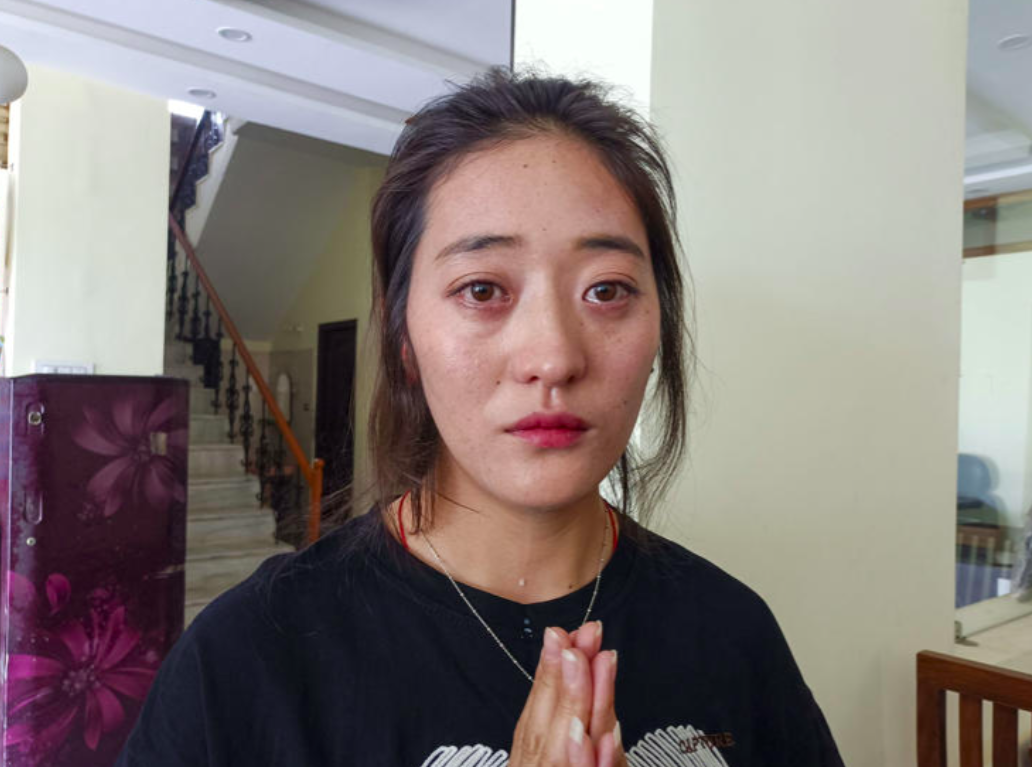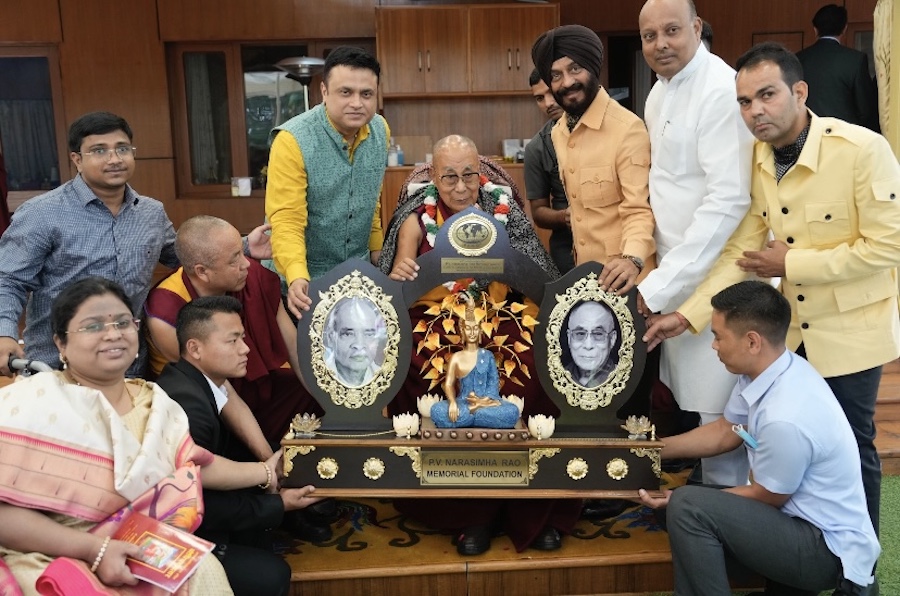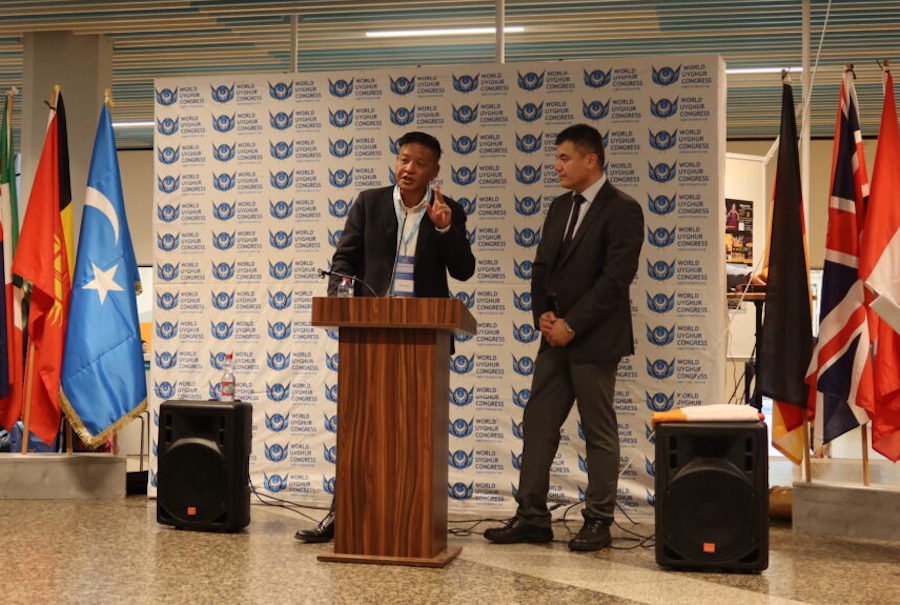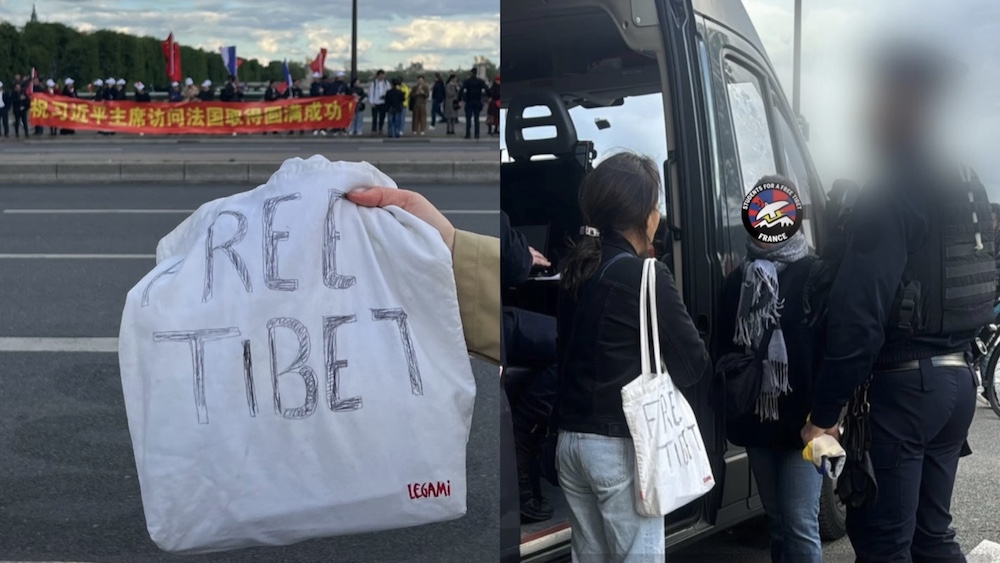By Tenzin Dedan
DHARAMSHALA, Nov 2: The “International Uyghur Forum: Global Parliamentarian Convention” was held in Tokyo earlier this week, bringing together parliamentarians and Uyghur rights advocates to address pressing human rights concerns and promote international cooperation. The two-day event, jointly organized by the Japan-Uyghur Parliamentary Caucus (JUPC) and the World Uyghur Congress (WUC), featured discussions on a range of critical issues.
The primary focus of the conference was to address human rights abuses against the Uyghur people, with special attention to the Uyghur genocide happening in East Turkestan (Ch. Xinjiang). The event also aimed to foster international collaboration and strategize ways to overcome the challenges associated with these issues. In addition to Uyghur rights, the conference delved into broader regional concerns, such as the erosion of democratic systems in Hong Kong, military tensions in the vicinity of Taiwan, and China’s impact on peace and security in the Asia-Pacific region.
Among the Tibetan contingent were Secretary Karma Choeying from the Department of Information and International Relations (DIIR), Central Tibetan Administration, Dorjee Tsetan, Member of Tibetan Parliament in Exile as well as members of the Tibetan civil society.
Secretary Karma Choeying emphasized the systematic erasure of cultural identities by the Chinese communist regime among Tibetans and Uyghurs. He raised issues such as China’s forced enrollment of Tibetan children into state-sponsored schools and mass DNA sample collection from Tibetans as severe human rights violations.
He further called on free and democratic nations to view marginalized groups, including Tibetans, Uyghurs, Southern Mongolians, Hong Kongers, and Taiwanese, as partners in efforts to effect positive change in China. To strengthen the collective approach in addressing these issues, Secretary Karma Choeying proposed increased interactions between Uyghurs and Tibetans at various levels and the organization of strategy meetings to counter false Chinese narratives.
The parallels between the experiences of the Uyghurs and Tibetans under the Chinese Communist Party’s (CCP) occupation underscore a consistent pattern of repression and cultural assimilation. Tibet, under CCP occupation since 1951, has witnessed an ongoing campaign of cultural and physical oppression, including forced assimilation into Chinese culture, mass displacement, and the erosion of its cultural identity. Similarly, since 2014, the Uighurs in Xinjiang have faced what experts have termed physical and cultural genocide, characterized by mass detentions and forced assimilation into Han Chinese culture.










